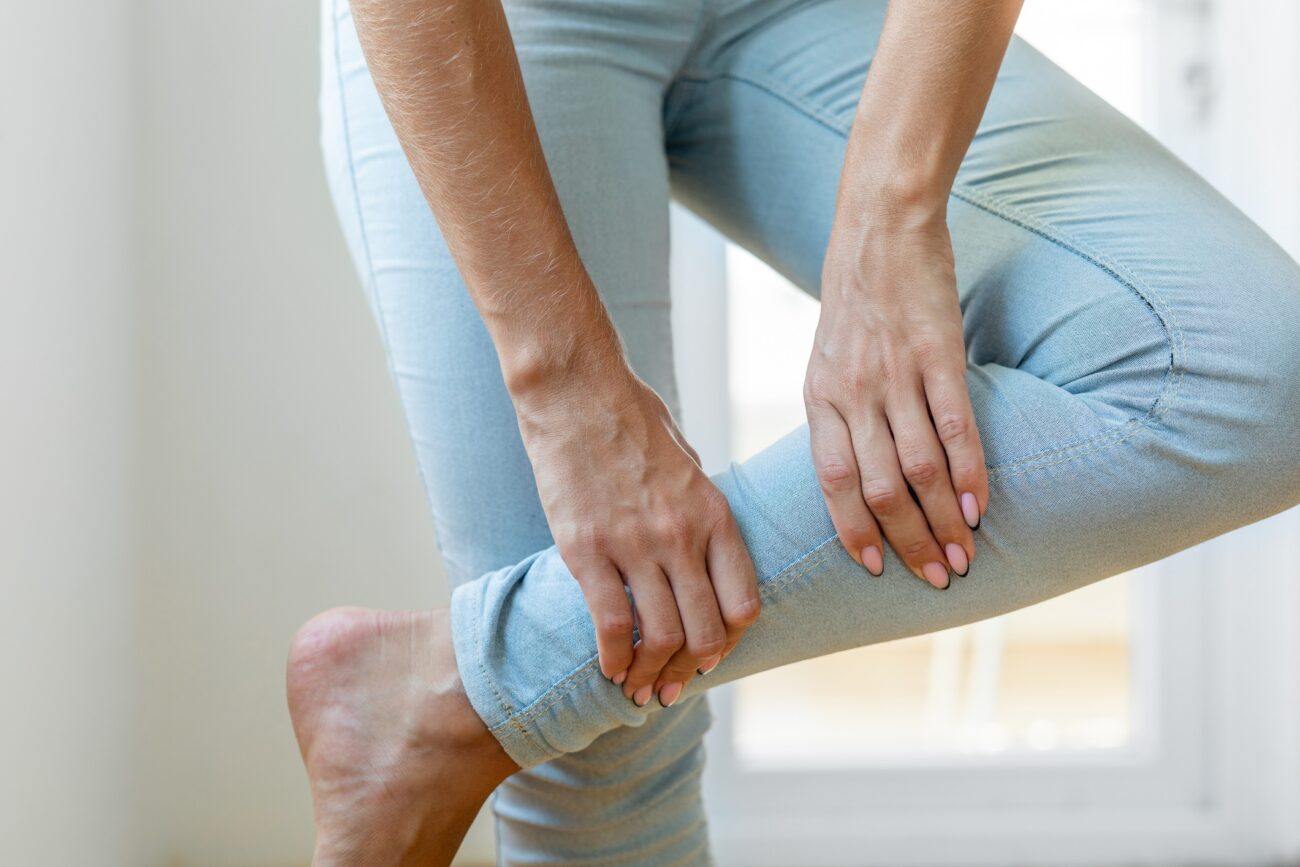Your veins are a collection of vessels that extend through your entire body, collecting blood and transporting it to your heart. This blood flow happens efficiently without your knowledge in many cases. If you develop a vascular disease, blood can pool within the veins rather than travel where needed in the body.
As blood pools, you can notice swelling and discoloration that can appear highly visible against your skin. But in some instances, disorders in the veins can feel uncomfortable as well or even hurt. Read on to learn more information about pain as a symptom of vein diseases like varicose veins.

What Do Varicose Veins Feel Like?
Varicose veins are commonly known as an aesthetic problem within the blood vessels. A malfunction within the veins can allow blood to accumulate and produce a bulging, gnarled look with a vivid color that shows prominently against the skin. But these visible changes are not the only symptoms of vein disease.
Sometimes a patient with varicose veins in their legs might notice a weakness, tiredness, or heaviness in this part of their body. But other sensations might occur with this vein problem, including a dull ache, tingly itch, or cramps. These symptoms might come and go, but you should not ignore even intermittent or tolerable discomfort.
Should I Call My Doctor About Pain in My Veins?
You may think you can endure discomfort or pain related to varicose veins or other vein disorders. But while vein disease does not often require emergency medical intervention, you could still face a risk of further complications if you do not treat the underlying problem.
Vein disease may put you at risk of forming an ulcer, an injury breaking the skin that can easily become infected. And lingering discomfort can affect your mobility and other aspects of your daily life.
With chronic pain, even at a low level, you might feel less inclined to move the way you need to. And less physical activity can make circulation problems like varicose veins even worse.
Plus, many people experience discomfort related to vein problems during sleep. Pain while you attempt to sleep can disrupt your sleep schedule. This can increase your danger of cognitive issues, stress, and other related medical concerns. So you should consult with a vascular specialist about symptoms you experience in your veins.
Will Vein Treatment Hurt?
Some people might worry that treatment to resolve damaged veins may hurt, but doctors prioritize patient comfort during these procedures. The doctor can give you a local anesthetic to numb the affected area during an ambulatory phlebectomy, for instance. You might feel a small pinch and experience some bruising for a few days after this treatment, but no severe pain.
A patient can feel a similar amount of minor discomfort during sclerotherapy, which involves an injection to treat targeted veins. Endovenous laser treatment to close damaged veins uses anesthesia, though you can feel some soreness or tingling directly after the treatment. Discuss aftercare with your doctor to minimize discomfort during recovery.
